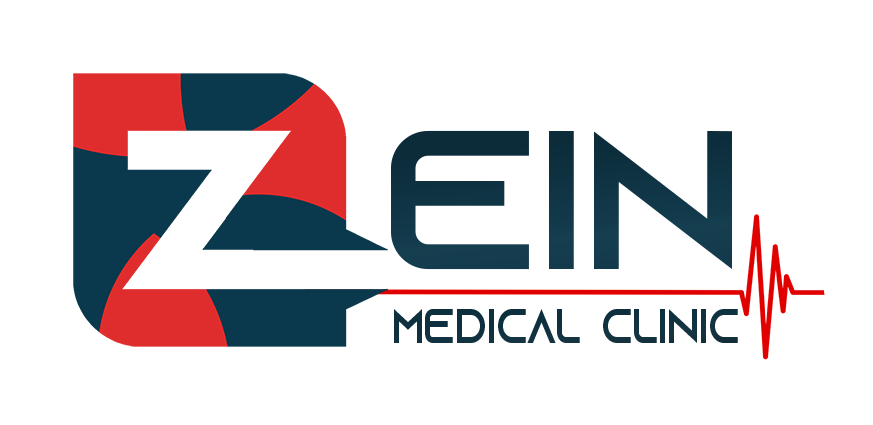hernias
Hernias
What is a hernia?
It is a swelling on the body that occurs as a result of the rush of some tissues or organs from their place to pass through the surrounding muscles or the peritoneal membrane lining the abdominal wall, and the abdomen and upper thigh are the most common places for hernias.
What are the causes that lead to a hernia?
There are several factors involved in the occurrence of hernias, including:
- Chronic cough.
- Aging.
- Overweight.
- Many births for women.
- Vigorous exercise.
- Lifting a heavy weight.
- Congenital weakness in the abdominal muscles.
- Ascites in the abdomen.
- The presence of masses or tumors inside the abdomen.
What are the types of hernias?
The types of hernias are classified according to the location of their occurrence in the body:
Inguinal hernia:
The inguinal hernia is one of the most common hernias that affects humans, and it affects males more than females, and it is divided into two types: direct inguinal hernia and often affects adults, and indirect inguinal hernia and often affects children, and the contents of the hernia are part of the intestine or bladder.
Femoral hernia:
The femoral hernia is one of the common types of hernias in females, especially during pregnancy or overweight women, where the contents of the hernia are part of the intestine within the femoral canal.
Umbilical hernia:
Umbilical hernias can occur in newborns and obese females where the contents of the hernia are part of the intestine penetrating the abdominal wall to the navel.
Hiatal hernia:
In a hiatal hernia, the upper part of the stomach bulges through the opening of the diaphragm through which the esophagus passes.
Incisional hernia:
Incisional hernia is the bulging of the intestine through the abdominal wall after an operation and the thrust occurs through the incision, and it often occurs in the elderly and those who are overweight.
What are the symptoms of a hernia?
A hernia patient may have some symptoms, including:
- Swelling in the abdomen or inguinal region, according to the location of the hernia.
- Severe pain if the hernia sac ruptures and puts pressure on the nerves.
- Heartburn in the hiatal hernia.
- A feeling of fullness in the hernia area.
How are hernias treated?
After the patient undergoes a physical examination by the doctor and diagnoses the hernia and its type, the doctor sets a treatment plan in consultation with the patient, according to the patient’s condition. Among the treatments used in hernias:
- Some types of hernias heal on their own, such as umbilical hernias in newborns.
- In the case of inguinal and femoral hernias, surgery is the best option, and this is done by closing the opening in the abdominal wall after pushing the emerging tissue through it and returning it to its place in the abdominal cavity. Traditional surgery or through endoscopy is used, according to what the patient’s health requires, in addition to that during the period Recovery after the operation It is advised to avoid any strenuous activities such as lifting heavy weights and others for a few weeks until the operation wound is well healed.
- Medications and lifestyle changes in hiatal hernia.
The price of hernia operation in Turkey
The cost of the hernia operation varies according to the type of hernia and according to the patient’s condition, so please contact us and we will provide you with a price quote.
Zein Clinic has an integrated health system, starting with its specialized centers equipped with the latest medical equipment and under the supervision of the most experienced general surgeon.
This content has been approved by the doctors of Zein Clinic.
To contact the doctor and provide a free consultation, click here:
Did you like our topic? You can share it with your friends now!
Also read:
General and Urological Surgeries Categories
Why you should choose us

Accompaniment and translation

Transportation and transportation

Transfer to and from the airport


 واتساب
واتساب